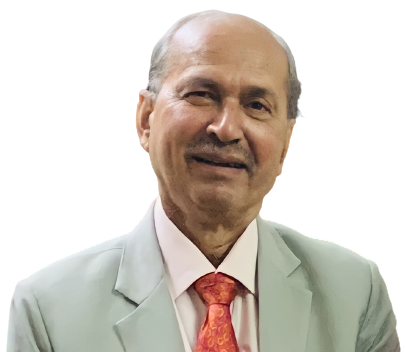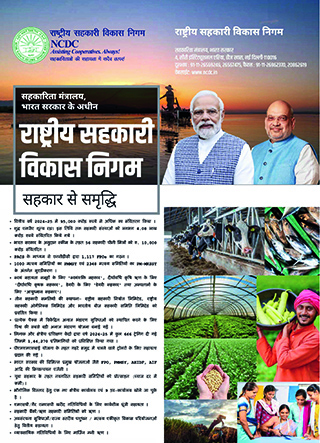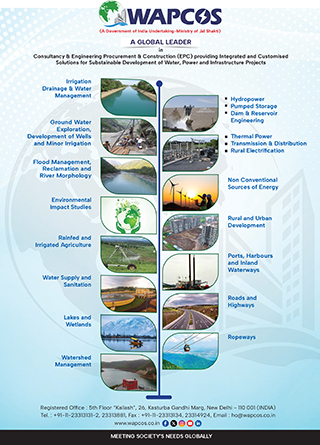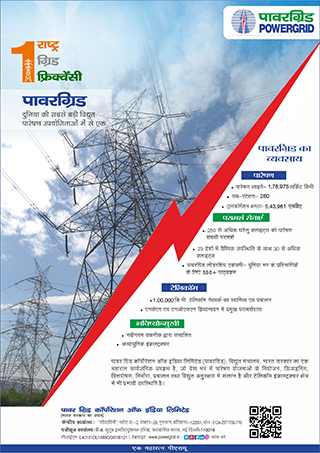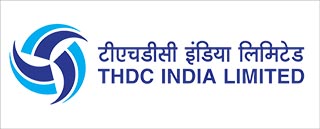whispers in the corridors
POLITICAL WHISPERS
Kerala Pro-Congress bureaucracy irked by the open sidelining of Shashi Tharoor by Rahul Gandhi?

Kerala's traditionally pro-Congress bureaucracy is growing restless over Rahul Gandhi's overt sidelining of Shashi Tharoor, a key bridge between the party and administrative circles. The January 19 Kochi 'Maha Panchayath' snub—where Rahul named other leaders but ignored the four-time MP and CWC member—culminated in Tharoor skipping the high command's January 23 Delhi meet on Kerala polls strategy. Sources say repeated slights, despite Wayanad thaw, have irked IAS veterans who value Tharoor's urbane influence amid LDF dominance. This risks eroding Congress's bureaucratic goodwill crucial for 2026 assembly wins.
UP Government vs Shankaracharya Avimukteshwaranand is making RSS uncomfortable?

Within the Sangh ecosystem, the Magh Mela stand‑off between Shankaracharya Avimukteshwaranand and the Uttar Pradesh government is being watched with quiet discomfort, if not open endorsement. While RSS functionaries have avoided a frontal rebuke of the Yogi Adityanath administration, the absence of strong public backing for the state’s hard line suggests unease over images of a top seer and his disciples being restrained at the Sangam. Ideologically, the Sangh can ill afford an all‑out rift with Shankaracharyas just as it seeks wider Hindu consolidation, so backstage persuasion, not public confrontation, is likely to be the preferred course.
Why Shankaracharya is gaining so much prominence in media ?

A new wave of coverage around the Shankaracharya issue, along with a visible media backlash targeting Chief Minister Yogi Adityanath has emerged. This has raised questions in the power circles: who is behind it, the Lucknow lobby or the Delhi lobby?Z
